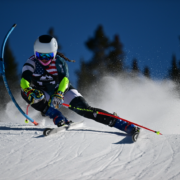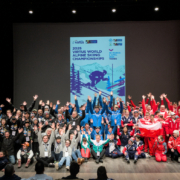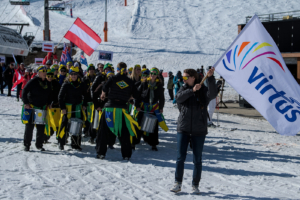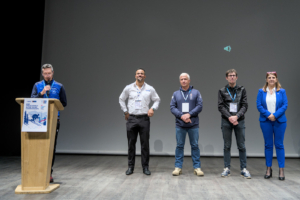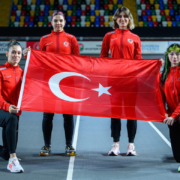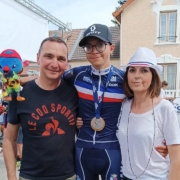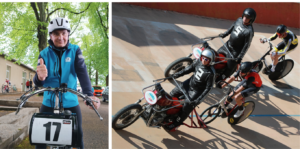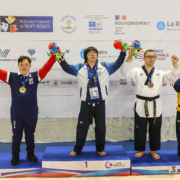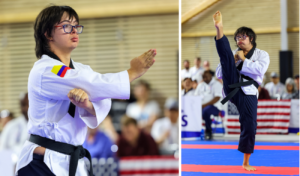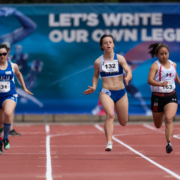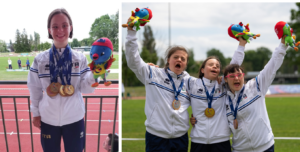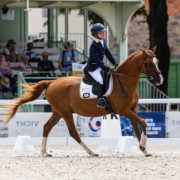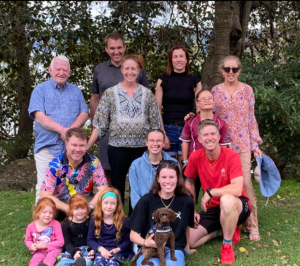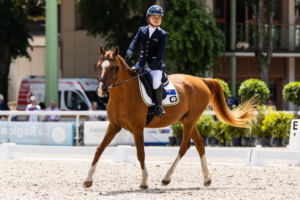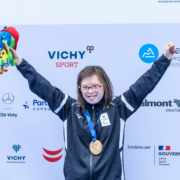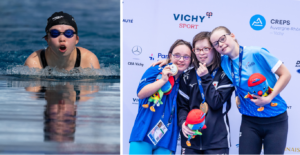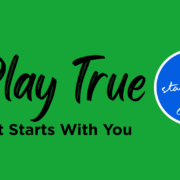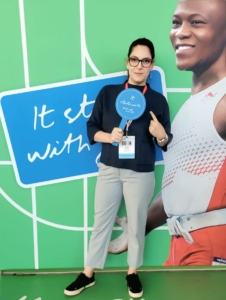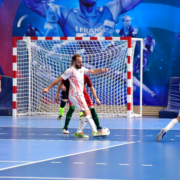16-Years Old, Yuen Georgia Ends 13-Years Long Drought for Australia in Skiing At Tignes 2025
The first race, Super G, from the 2025 Virtus World Alpine Skiing Championships, made its way to the Lognan Stadium in Tignes. Skiers were treated to a bright sun and amazing weather.
The biggest news came from the II3 competition, with 16-year-old young woman, Yuen Georgia, winning the Super G race and claiming her first Virtus medal from her inaugural event. The teenager did not just open her personal Virtus medal tally, but also ended a 13-year-long dry spell for Australia in a Virtus skiing event. Yuen clocked a time of 1:21.77sec, defeating USA’s Bates Haleigh and Whitehouse Elizabeth who finished second and third respectively.
“It was a really fun course. I always find the start of the race super fun. Super G is not something we compete at back home so I didn’t have a lot of training but I would like to continue with this and come back to the games.”
Australia last won a medal in the 2012 Virtus World Skiing Championships in Turkey when Nicole Harris won 3 Gold in the Slalom, Giant Slalom and Combined. The entire Australian contingent was seen celebrating Yuen’s medal-winning moment today at the resort.
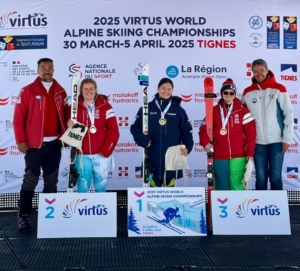
(L-R) Winners of II3 Women’s Super G race at Tignes 2025: Bates Haleigh, Yuen Georgia and Whitehouse Elizabeth. Photo Credit: Michael Thomson
Expressing excitement, Robyn Smith, Virtus Board member, IPC Governing board member at large and Australian Head of Delegation said,
“We are very pleased and excited for Georgia winning gold today. She is an amazing skier with a bright future ahead of her. We wish her and all other skiers well for the remaining of the Championship.”
Georgia holds many laurels from non-Virtus championships. She finished first in Giant Slalom, Multiclass and teams Ski Cross and sixth in Giant Slalom in the Australian National Snowsports Championships, Perisher, NSW last year. She also secured first place in Giant Slalom (multi-class) and teams Ski Cross, third in Giant Slalom at the NSW State Championships, Perisher, NSW and second place in Panel Slalom, third in Ski Cross at Blue Cow Cup, Perisher, NSW in 2024.
“We are delighted to see such a young skier winning the II3 Super G race today, especially at the start of Autism Awareness Month. We cannot wait to see how she will perform in the rest of her races but we know one thing for sure, she has a very bright future ahead of her and she will inspire many teenage girls with autism to follow their dreams,” said Marc Truffaut, Virtus President.
Full results can be accessed from the competition website.

